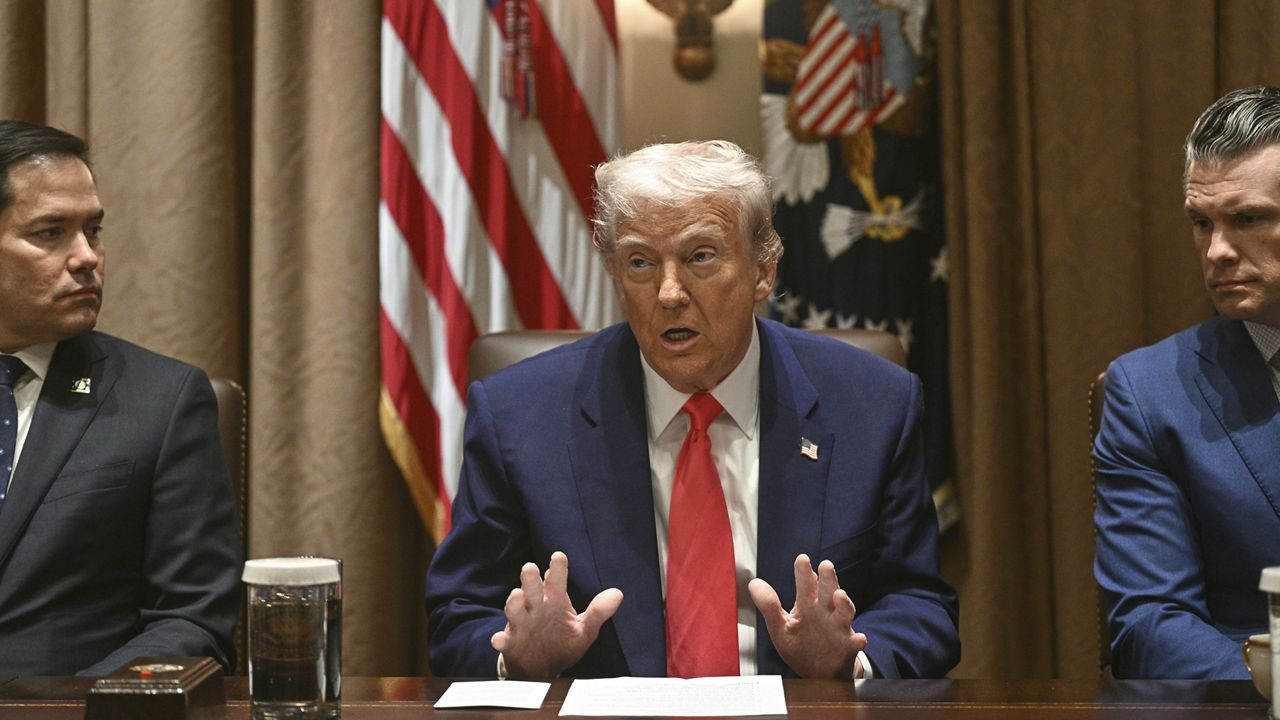President Joe Biden on Tuesday signed a bill into law that seeks to phase out private ownership of big cats and would put an end to cub petting.
The issue came to light in the popular Netflix documentary series "Tiger King."
Animal rights advocate Carole Baskin, one of the series' featured characters who fought for passage the Big Cat Public Safety Act, is now celebrating its enactment.
The Big Cat Public Safety Act largely limits ownership of the animals to zoos, universities and sanctuaries like Baskin's, and ends the cub petting industry highlighted in "Tiger King."
"The number of big cats that have been abused has been dropping, but the problem is that there's such a patchwork of laws across the country," said Baskin, founder of Big Cat Rescue in in Tampa, Florida. "Everybody's got different rules. Nobody knows what the other state's rules are. People are hopping and skipping across state lines."
The series largely centers on former Joseph "Joe Exotic" Maldonado-Passage, who ran an animal park in Oklahoma. He was sentenced in 2020 to 22 years in prison for his role in a murder-for-hire plot against Baskin and violating federal wildlife laws.
"Everybody's got different rules. Nobody knows what the other state's rules are. People are hopping and skipping across state lines," she said.
Some animal advocates say that the documentary was instrumental in bringing these issues to light.
"I think that 'Tiger King' played a role because I really think it showed people the real kind of fundamental abuse that was happening with these animals and how they were being exploited simply for profit," said Dan Ashe, the President and CEO of the Association of Zoos and Aquariums. "They're not serving any educational purpose. They're not being displayed in a way that that evokes empathy for these animals and what's happening to them in nature."
The federal legislation had broad support from lawmakers in both parties. One co-sponsors, Kathy Castor, D-Fla., says its passage was a long time coming.
"The 'Tiger King' has gotten a lot of attention over the past couple of years," Castor told Spectrum News. "But people who have lived here for a long time understand that Big Cat Rescue has been one of the most important refuges for big cats that should not be kept as personal pets in captivity."
"So hopefully that President Biden signing will make it purr-perfectly clear what is appropriate for big cats and what's not," Castor added.
The Big Cat Public Safety Act also gained the support of many people in law enforcement.
"For Republicans, the main thing was the public's safety. They wanted to keep their constituents safe. They don't like a whole lot of government overreach and they believe in states' rights, of course. And, so we had to explain why this was not a states' rights issue and why it really is important and how it's the first step to saving tigers in the wild," Baskin said.
Under the new law, private individuals who already own big cats will be allowed to keep their animals but must register them with the U.S. Fish and Wildlife Service. They also cannot get additional big cats, or display them.









